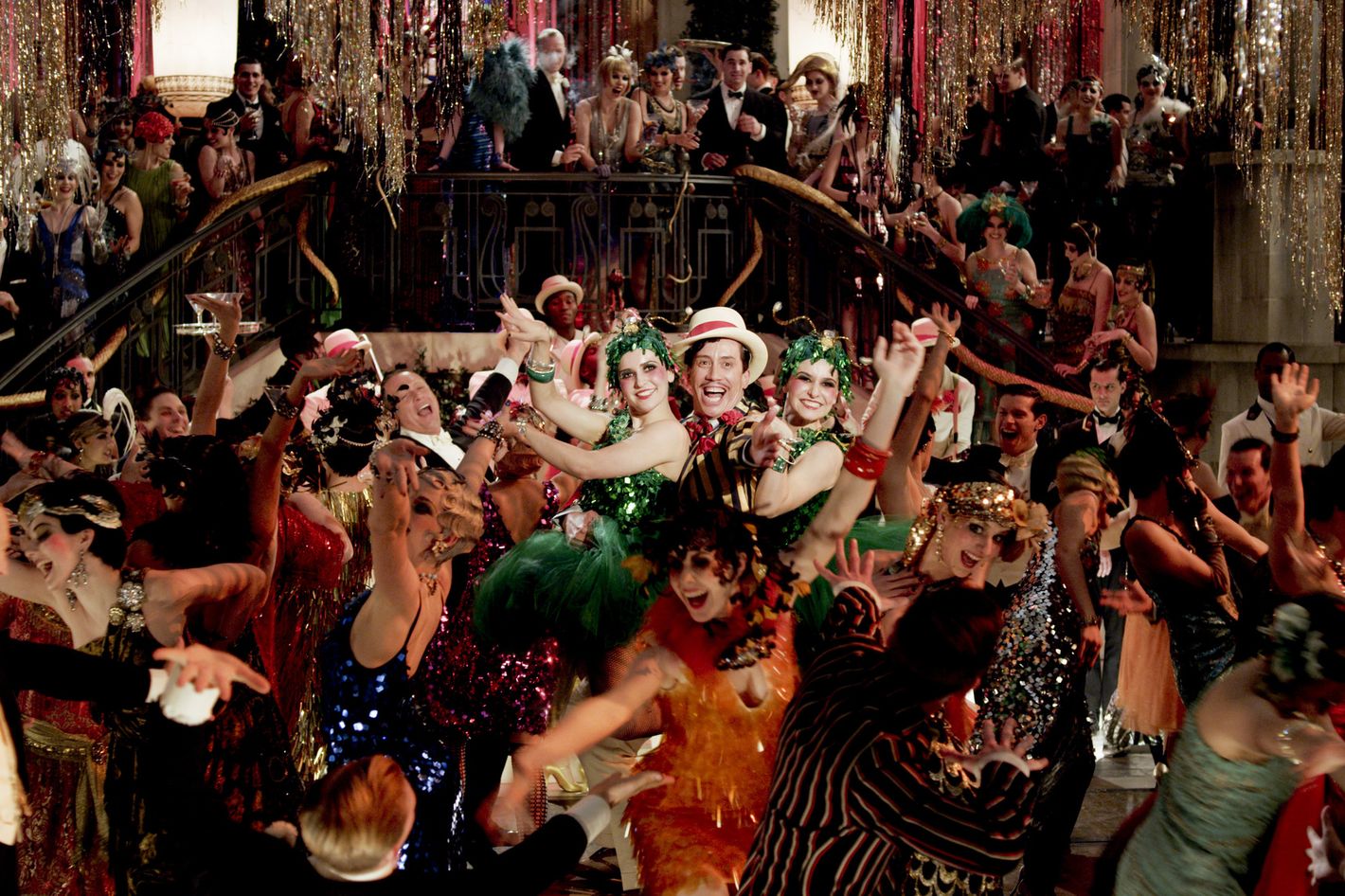F. Scott Fitzgerald’s
The Great Gatsby is a timeless novel that captures the essence of the American Dream in the Roaring Twenties, but its ending has puzzled readers for decades. After all the glamour, parties, and desire, the novel closes on a sobering, tragic note. But what does the ending of
The Great Gatsby really mean?

The Tragic Death of Gatsby
At the heart of the novel’s ending is the death of Jay Gatsby, the enigmatic millionaire who spends years pining for his lost love, Daisy Buchanan. After a climactic confrontation, Daisy and her husband Tom leave town, leaving Gatsby behind to hope that Daisy will choose him. Instead, Gatsby is mistakenly killed by George Wilson, who believes Gatsby was responsible for his wife Myrtle’s death (which was actually caused by Daisy). This act of violence abruptly cuts short Gatsby’s dream of rekindling his romance with Daisy and living a life of happiness.
Gatsby’s death is not just the end of his life, but the end of his dream—the American Dream. He built a life of wealth, mystery, and influence all for the sake of a love that was ultimately unattainable. His death symbolizes the failure of the American Dream, where hard work, wealth, and aspiration fail to bring true happiness or fulfillment.
Nick’s Reflections on the American Dream
The novel closes with Nick Carraway’s reflections on Gatsby’s life and the broader meaning of the American Dream. Nick returns to Gatsby’s mansion after his death, only to find it empty and devoid of the grandeur it once had. He realizes that despite Gatsby’s wealth and charm, he was ultimately alone and misunderstood.
In one of the most famous lines in American literature, Nick muses:
"Gatsby believed in the green light, the orgastic future that year by year recedes before us. It eluded us then, but that's no matter—tomorrow we will run faster, stretch out our arms farther...And one fine morning—"
This quote captures the idea that Gatsby, like many people, was always striving for something just out of reach. The “green light” represents Gatsby’s longing for Daisy, but it also symbolizes the broader human desire for a better future, for success and fulfillment. The tragedy is that, like the green light, these dreams remain forever distant, always just beyond our grasp.

The Disillusionment of the American Dream
The ending of The Great Gatsby suggests a deep disillusionment with the American Dream. Gatsby is the embodiment of self-made success—he rises from humble beginnings to become wealthy and powerful. But Fitzgerald shows that wealth and status do not guarantee happiness or love. In fact, Gatsby’s obsession with material success and his idealized vision of Daisy lead to his destruction.
Tom and Daisy, on the other hand, represent the careless, corrupt nature of the upper class. After Gatsby’s death, they retreat into their wealth, indifferent to the consequences of their actions. Nick describes them as:
"careless people, Tom and Daisy—they smashed up things and creatures and then retreated back into their money or their vast carelessness, or whatever it was that kept them together, and let other people clean up the mess they had made."
This critique of the wealthy elite highlights the hollowness of the American Dream, where those in power use their privilege to escape the consequences of their actions, leaving others to suffer.
The Role of the Past
Another key theme in the novel’s ending is the idea of the past. Gatsby is obsessed with recapturing the past and reliving his romance with Daisy as it was five years earlier. He refuses to accept that people change, and that the life he envisions with Daisy is impossible. As Nick tells Gatsby:
"You can’t repeat the past."
But Gatsby, ever the dreamer, responds:
"Can’t repeat the past? Why of course you can!"
This refusal to let go of the past is part of Gatsby’s downfall. His idealized vision of Daisy and their love blinds him to reality. By the novel’s end, it’s clear that Gatsby’s dream was doomed from the start. He was chasing an illusion, not the real Daisy, who is shallow and incapable of living up to his expectations.
The End of an Era
The ending of The Great Gatsby is a poignant reminder of the dangers of idealism, obsession, and the pursuit of wealth for its own sake. Gatsby’s tragic death, the indifference of Tom and Daisy, and Nick’s disillusionment with the American Dream all contribute to the novel’s lasting impact as a critique of American society. Fitzgerald leaves us with a somber message: no matter how much we strive, some dreams will always remain out of reach.





